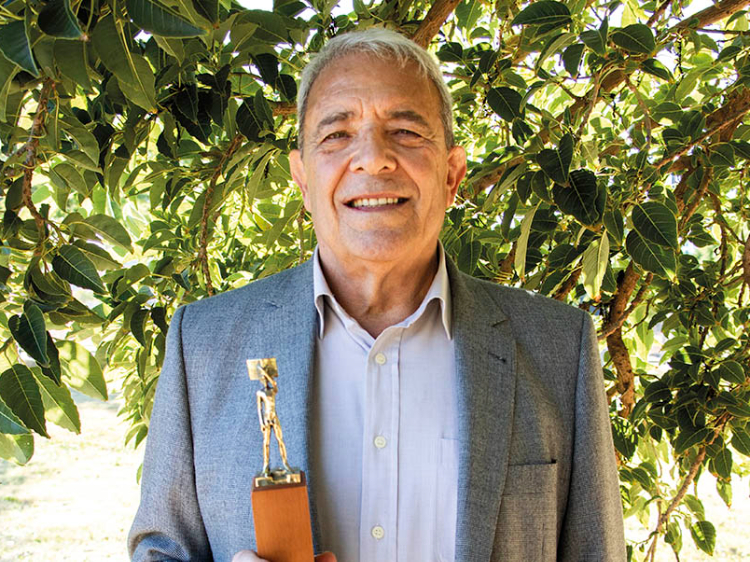
The paper focuses on the presence of magnetic energy in different areas of life. For example, it highlights the presence of magnetic energy in different areas of everyday life. The work explores the most recent advances and applications of magnetism and analyses its history in order to understand its difficulty and, above all, its importance, given that life itself is linked to the existence of an earthly magnetic field that protects us from radiation.
Francesc Lloret (Pego, 1954) has developed a fruitful research and academic career that accumulates more than 600 publications in scientific journals and multiple and varied awards, such as the RSEQ National Research Award in Inorganic Chemistry (2005) or the Catalan-Sabatier Award (2018) from the French Society of Chemistry after an intense relationship with groups in that country. He also holds an honorary doctorate from the University of Bucharest (2014) and has been a member of the Academia Europaea since 2014. In 2022 his career was recognised as "distinguished" in the awards of the Spanish Royal Society of Chemistry (RSEQ).
With a degree and PhD in Chemistry from the University of Valencia, Lloret worked as a postdoctoral researcher, including with Professor Olivier Khan at the Université Paris-Sud in the second half of the 1980s. While starting his work as a professor in Valencia, he charted his own path as a researcher by developing a rational synthetic approach to design and create multifunctional magnetic materials based on molecules.
His work in the area of Coordination Chemistry has been considered "key" in the foundation of the so-called Molecular Magnetism, which in the last decades has become a European Research Area, embodied, for example, in the birth of the European Institute of Molecular Magnetism (EIMM). In fact, the EIMM arose from the MAGMAnet initiative, launched by the ICMol as a network of multidisciplinary excellence, awarded in 2008 as the best European knowledge development project by the regional government of the Valencian Community.
Lloret is principal investigator in the ICMol's Coordination Chemistry group, which integrates around ten permanent researchers. He has also contributed to the creation and consolidation of other Spanish research groups in molecular magnetism and to the training of students from all over the world in this field. He is also one of the most internationally cited chemists (Index h=84).
The jury was chaired by the vice-rector of Innovation and Transfer of the University of Valencia, Rosa M. Donat. It was also made up of Carolina Moreno, Professor of Journalism and director of the book collection "Sense Fronteres", in which the winning work will be published. Also José Ramón Alonso, winner of the 28th edition of this prize, the last one awarded; Anabel Forte, researcher at the Department of Statistics and Operations Research (UV) and Juan Nácher, researcher at the Department of Cell Biology, Functional Biology and Physical Anthropology (UV).
Donat stressed that "the increase in the level of the works presented each year "is a good example of the quality and level of the researchers, and we are pleased to increase our collections with their work". Alonso said that although we live in a world where magnetism accompanies us throughout our lives, most people do not really know what it is, how it works and the enormous role it plays. A total of 11 works have been presented for the European Prize for Scientific Dissemination.

